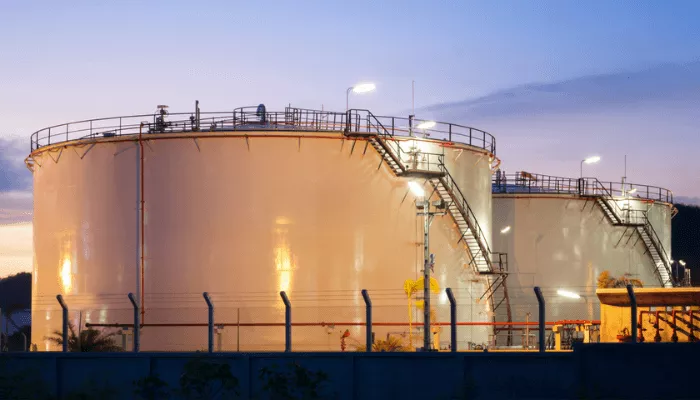Nigeria’s oil and gas industry is undergoing a notable transformation as indigenous companies take on larger roles, signaling a new era of growth and innovation within the sector.
This shift is largely fueled by local firms acquiring onshore and shallow-water assets from international oil majors who are divesting billions of dollars in previously neglected fields. These acquisitions have sparked renewed investment and operational activity.
A landmark development is the commencement of crude loading at Otakikpo, Nigeria’s first locally developed and operated onshore crude terminal. Built by Green Energy Limited within the OML 11 block near Port Harcourt, the terminal boasts a capacity of 360,000 barrels per day (bpd). Shell loaded the first cargo on Monday, unlocking opportunities to develop over 40 stranded fields in the area.
Meanwhile, Conoil Producing Limited recently dispatched the inaugural shipment of its new Obodo crude blend from the onshore OML 150 in the Niger Delta. This cargo was lifted by Oando Trading, a subsidiary of Oando Plc, which acquired divested assets in the region.
Building on these trends, Renaissance Africa Energy, having taken over Shell’s onshore assets, announced plans to invest $15 billion over the next five years. The company aims to boost crude oil output while doubling gas production, contingent on the completion of a key local gas pipeline.
Similarly, Seplat Energy, following its purchase of ExxonMobil’s Nigerian shallow-water assets, revealed plans to reactivate 400 previously shut-in wells. CEO Roger Brown stated that the company intends to invest up to $320 million this year in drilling and infrastructure upgrades, targeting an increase in crude production to approximately 140,000 bpd.
“We are focused on reviving existing wells, expanding drilling campaigns, and increasing gas volumes,” Brown said at the company’s annual general meeting.
Despite these promising developments, local producers face considerable challenges, including elevated costs driven by security issues, community disputes, oil theft, and aging infrastructure. Mikolah Judson, an analyst at Control Risks, emphasized that resolving these challenges is critical to cost reduction and operational success.
These emerging local players herald a new phase for Nigeria’s oil and gas sector and are expected to play a pivotal role in supporting the government’s ambitious plan to raise national oil output by an additional one million barrels per day next year, according to Nigeria’s oil regulator.
Data from the regulator reveals that local firms now contribute over half of Nigeria’s oil production, a significant increase from around 40% before the divestment activities by international majors concluded.


